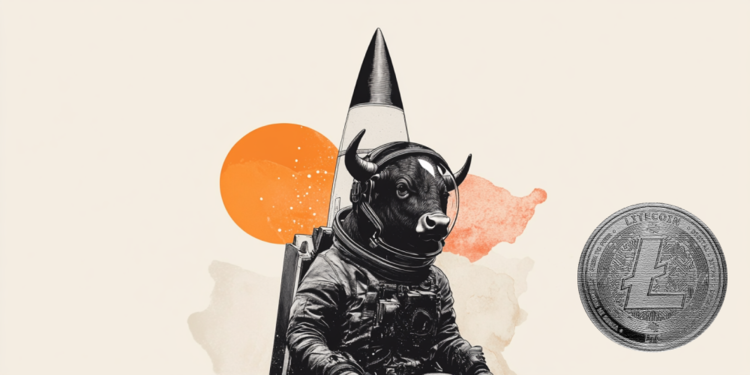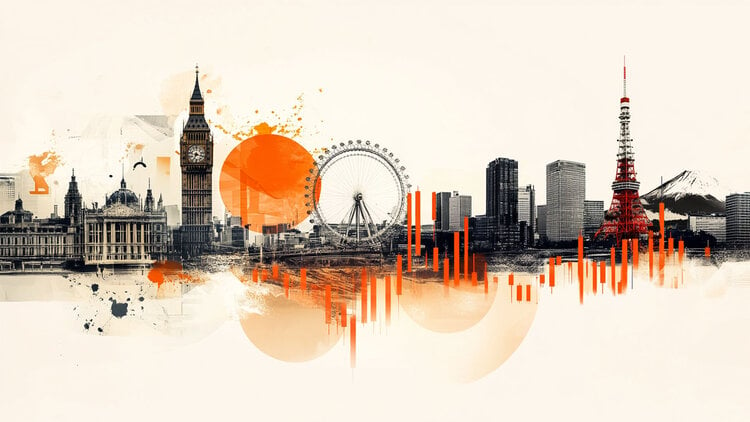After the tumultuous end of an important and challenging year, China enters 2023 with great uncertainty – and potentially a glimmer of light at the end of the pandemic tunnel.
The chaos unleashed by leader Xi Jinping’s abrupt and ill-prepared departure from the Covid-zero policy is spilling over into the new year, with much of the country facing an unprecedented wave of cases.
But the reopening also offers a glimmer of hope for many: after three years of suffocating coronavirus restrictions and self-imposed isolation from the rest of the world, life in China may finally return to normal as the country joins the rest. the world and learning to live with the virus.
“We have now entered a new phase of the Covid response, in which difficult challenges remain,” Xi said in his televised New Year’s Eve speech.
“Everyone is handling the situation with great courage and the light of hope is right before us. We will make an extra effort to move forward, because perseverance and solidarity means victory”.
Xi had already staked his political capital on sticking to the Covid-zero strategy. Now, as he scraps his costly plan with an abrupt opening after nationwide protests, many question the president’s wisdom.
The demonstrations, which in some places included rare calls for Xi and the Communist Party to “resign”, may be over, but the sense of frustration has yet to dissipate.

The New Year’s speech came as China’s economy comes under more immediate pressure from a spiraling outbreak that has hit factories and businesses, showing that the road to economic recovery can be long and complicated.
The country’s tightly closed borders are gradually opening up, and Chinese tourists are eager to explore the world again. But some countries seem wary of receiving them, imposing new orders to test negative for Covid before travelling.
Another issue is how quickly global visitors will return to China – or how intensively.
Xi, who recently re-emerged on the world stage after securing a third term in power, has signaled he hopes to mend strained relations with the West. However, his nationalist agenda and “boundless friendship” with Russia are likely to complicate matters.
With the beginning of 2023, the CNN take a look at what to look out for in China in the coming year.
The Covid epidemic and New Year’s travel
The most urgent and daunting task facing China in the new year is how to deal with the fallout from its frustrated exit from the Covid-zero policy, amid an outbreak that threatens not only the lives of hundreds of thousands but also Xi’s credibility. and its Communist Party.
The sudden lifting of restrictions last month led to an explosion in cases and exposed little preparedness to deal with the rise in patients and deaths.
The country’s fragile healthcare system is struggling to cope. Fever and cold remedies are hard to come by, hospitals are overwhelmed, doctors and nurses are stretched to the limit, and crematoriums struggle to keep up with the influx of bodies.
But experts warn that the worst is yet to come. While some big cities like Beijing may have surpassed the peak of the outbreak, less developed cities and the vast rural interior are still bracing for more cases.
With the travel rush for the Lunar New Year – China’s most important family reunion holiday – starting this week, hundreds of millions of people are expected to return to their home cities from the big cities and take the virus into the vulnerable countryside. , where vaccination rates are lowest and medical resources even scarcer.
The outlook is bleak. Some studies estimate that the death toll could exceed a million if China fails to deliver booster shots and antiviral drugs fast enough.
The government has launched a booster campaign for seniors, but many remain reluctant to take it due to concerns about side effects. Tackling vaccine resistance will require significant time and effort, at a time when health workers are already stretched thin.

Economic strain and recovery
Government-imposed Covid restrictions have left China out of sync with the rest of the world. Three years of lockdowns and border restrictions have crippled supply chains, multinational companies and trade and investment flows between China and other countries.
The implications for the global economy are potentially enormous as China joins the rest of the world in living with the coronavirus.
Any increase in China’s growth will provide a vital boost to economies that rely on Chinese demand. There will be more international travel and production. But increased demand will also push up energy and raw material prices, putting upward pressure on global inflation.
“In the short term, I believe China’s economy is likely to experience chaos rather than progress for one simple reason: China is ill-prepared to deal with Covid,” said Bo Zhuang, senior analyst at Loomis, Sayles & Company, a firm investment firm based in Boston.
Analysts at Capital Economics expect China’s economy to contract by 0.8% in the first quarter of 2023, before rebounding in the second quarter.
Other experts also expect the economy to recover after March. In a recent research report, economists at HSBC projected a 0.5% contraction in the first quarter, but 5% growth in 2023.
reopening to the world
Despite all the uncertainty, the Chinese are celebrating the partial reopening of borders after the end of the quarantine for international arrivals and the resumption of travel abroad.
While some citizens online express concern about the rapid loosening of restrictions, many are already eagerly planning their trips abroad. Chinese travel sites saw massive spikes in traffic minutes after they announced their opening on Dec. 26.
Several Chinese nationals living abroad told the CNN who had been unable or unwilling to return to the country while the long quarantine was still in effect for the last few years. Waiting meant missing important moments in life: graduations, weddings, births, deaths.
Some countries have offered a warm welcome, with foreign embassies and official tourism offices posting invitations to Chinese travelers on Chinese social media sites. But others are more cautious, with many imposing new testing requirements for travelers from China and its territories.
Officials in those countries have pointed to the risk of new variants emerging from China’s outbreak – although many health experts have criticized targeted travel restrictions as scientifically ineffective and alarmist, with the risk of inciting more racism and xenophobia.

Ties with the West and Russia
As China emerges from its self-imposed isolation, everyone is watching how the country can improve its reputation and the relationships that emerged during the pandemic.
China’s ties with the West and many of its neighbors have deteriorated significantly over the origins of the coronavirus, trade, territorial claims, allegations of human rights abuses and its close partnership with Russia despite the devastating war in Ukraine. .
The lack of high-level face-to-face diplomacy certainly didn’t help, nor did the freeze on physical meetings between political advisers, business groups and the general public.
At the G20 and APEC summits, Xi signaled his willingness to repair relations with the United States and its allies in a flurry of bilateral meetings.
The lines of communication are open again and more high-level exchanges are underway. US Secretary of State Antony Blinken, French President Emmanuel Macron, Dutch Prime Minister Mark Rutte and newly elected Italian Prime Minister Giorgia Meloni are expected to visit Beijing this year.
But Xi has also made clear his ambition to fend off US influence in the region, and there is no illusion that the world’s two superpowers will be able to resolve their fundamental differences and put aside the growing rivalry between them.
In the new year, tensions could return on the Taiwan issue, technology and China’s support for Russia – which Xi reinforced during a virtual meeting with Russian President Vladimir Putin on Dec. 30.
The two leaders expressed a message of unity, with Xi saying the two countries should “strengthen strategic coordination” and “inject more stability into the world”, according to Chinese state news agency Xinhua.

China is “ready to work” with Russia to “defend itself against hegemonism and power politics,” and to oppose “unilateralism, protectionism and bullying,'” Xi said. The Russian president invited Xi to visit Moscow in the first half of 2023.
China’s government has refused to condemn the invasion of Ukraine or even refer to it as such. Instead, he criticized Western sanctions and expanded on the Kremlin’s talking points by blaming the US and NATO for the conflict.
As Russia has suffered humiliating military setbacks in Ukraine in recent months, Chinese state media appear to have resumed their pro-Russian rhetoric, with Xi agreeing to oppose Ukraine’s use of nuclear weapons in meetings with Western leaders.
Few experts believe that China will distance itself from Russia. Several told the CNN that the two countries’ mutual trust and geopolitical alignment remain strong – including their shared vision for a “new world order”.
“The war was a nuisance for China last year and affected China’s interest in Europe,” said Yun Sun, director of the China Program at the Washington-based think tank Stimson. “But the damage is not significant enough for China to abandon Russia.”
Source: CNN Brasil
Bruce Belcher is a seasoned author with over 5 years of experience in world news. He writes for online news websites and provides in-depth analysis on the world stock market. Bruce is known for his insightful perspectives and commitment to keeping the public informed.







